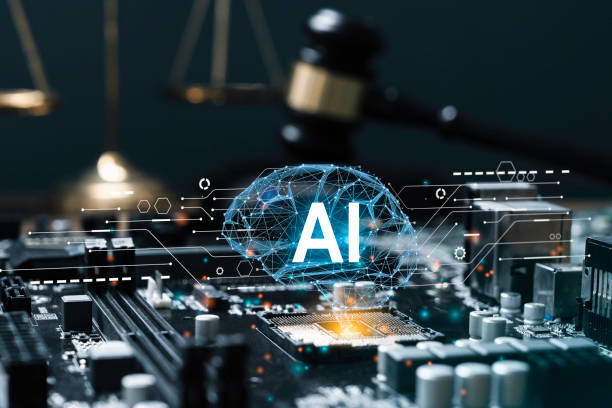London/New York, November 2 – Calling the threats posed by artificial intelligence “insidious” and “dangerous,” the UN chief urged the AI Safety Summit in the United Kingdom to base governance of the technology on the principles of the UN Charter and the Universal Declaration of Human Rights, whose main objectives are promoting peace and sustainable development; protecting and promoting human rights.
“We urgently need to incorporate those principles into AI safety,” UN Secretary-General Antonio Guterres said in an address to the two-day summit held at Bletchley Park, a city northwest of London.
“Bletchley Park played a vital part in the computing breakthroughs that helped to defeat Nazism,” Guterres said. “The threat posed by AI is more insidious – but could be just as dangerous.
We need a united, sustained, global response, based on multilateralism and the participation of all stakeholders. “
“This summit is an important step on the way to consensus, built on a bedrock of science and evidence. Let us connect global efforts for synergy and for impact. The United Nations is ready to play its part.”
During World War II, Bletchley Park was the meeting place of experts and mathematicians who waged a secret war against Nazi Germany and cracked codes that helped allied armies to detect movements of Nazi military movements and its fleets of U-boats. The place also gave birth to modern computers.
Guterres said frameworks should be urgently established to deal with AI risks to protect both developers and the public and prevent AI’s possible long-term negative consequences, which he said include “disruption to job markets and economies; and the loss of cultural diversity that could result from algorithms that perpetuate biases and stereotypes.”
“The concentration of AI in a few countries and companies could increase geopolitical tensions,” he said. “Longer-term harms extend to the potential development of dangerous new AI- enabled weapons… the malicious combination of AI with biotechnology… and threats to democracy and human rights from AI-assisted misinformation, manipulation, and surveillance.”
“The United Nations – an inclusive, equitable and universal platform for coordination on AI governance – is now fully engaged in that conversation.,” he said, pointing to the Multistakeholder Advisory Body on Artificial Intelligence, which he recently launched. The advisory body comprises 39 experts from various countries who are called to work out recommendations to govern AI.
The Bletchley Declaration
The 29 countries that attended the summit adopted a declaration, which said in part: “Artificial Intelligence (AI) presents enormous global opportunities: it has the potential to transform and enhance human wellbeing, peace and prosperity. To realise this, we affirm that, for the good of all, AI should be designed, developed, deployed, and used, in a manner that is safe, in such a way as to be human-centric, trustworthy and responsible. We welcome the international community’s efforts so far to cooperate on AI to promote inclusive economic growth, sustainable development and innovation, to protect human rights and fundamental freedoms, and to foster public trust and confidence in AI systems to fully realise their potential…”
“In the context of our cooperation, and to inform action at the national and international levels, our agenda for addressing frontier AI risk will focus on:
—“identifying AI safety risks of shared concern, building a shared scientific and evidence-based understanding of these risks, and sustaining that understanding as capabilities continue to increase, in the context of a wider global approach to understanding the impact of AI in our societies.”
—“building respective risk-based policies across our countries to ensure safety in light of such risks, collaborating as appropriate while recognising our approaches may differ based on national circumstances and applicable legal frameworks. This includes, alongside increased transparency by private actors developing frontier AI capabilities, appropriate evaluation metrics, tools for safety testing, and developing relevant public sector capability and scientific research.”
United Nations correspondent journalists – United Nations correspondent journalists – United Nations correspondent journalists – United Nations journalism articles – United Nations journalism articles – United Nations journalism articles – United Nations News – United Nations News – United Nations News

